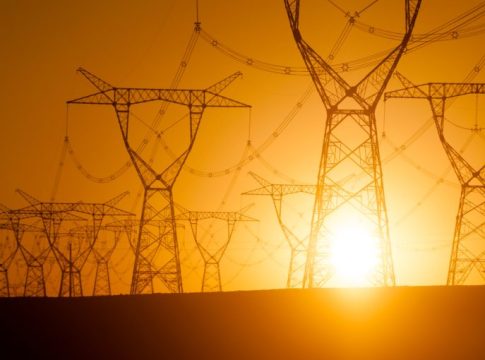Ivory Coast, the latest African country to sever military ties with France, is signaling a shift in its foreign relations. President Alassane Ouattara announced that French troops, stationed in the country for decades, would begin their departure in January 2025. This marks a significant diplomatic break as Ivory Coast becomes the sixth nation in recent years to expel French military forces.
The decision, made public on December 31, 2024, highlights the growing sentiment across West and Central Africa against former colonial powers. The move follows similar actions by Chad, Senegal, and several Sahel nations. These countries, grappling with increasing violence from armed groups, are seeking alternative security solutions, including turning to Russian mercenaries.
The French military, which has been active in the region for years, has struggled to quell the rise of extremist groups in the Sahel. Despite deploying thousands of soldiers and aiding local forces, the situation has worsened, with armed factions expanding into coastal nations like Ivory Coast and Ghana. Ivory Coast’s army, which has been modernizing, will now take over the security duties previously handled by French forces, particularly in the fight against these armed groups.
READ MORE: Experts Call For Proper Branding, Packaging Of Agro Products At AWAP Meeting
“We can be proud of our army, whose modernization is now effective,” said President Ouattara during his announcement. This move is not just a matter of security but also political calculation. With elections scheduled for 2025, Ouattara may be responding to public pressure to distance his government from France, which remains a controversial figure in the country.
*Why the Backlash Against France?*
The pushback against French military presence is not new. In recent years, several former French colonies have staged protests against French influence, citing colonial-era grievances and modern-day frustrations with perceived French interference. Critics argue that France’s ongoing military presence is a reminder of its colonial past, which disrupted local governance and culture.
The term “Francafrique” describes the enduring political and economic ties between France and its former colonies. This network has allowed French companies to maintain a stronghold in Africa, while French troops have been stationed across the continent, ostensibly to ensure security. However, this arrangement has been increasingly questioned as African nations, particularly in the Sahel, seek greater autonomy and better security outcomes.
In Mali, Burkina Faso, and Niger, military-led governments have expelled French troops, citing dissatisfaction with the lack of progress in combating armed groups. In response, France has adjusted its military strategy, focusing on temporary deployments and strengthening local forces.
*Countries Leading the Pushback*
Since 2021, six African nations have expelled French troops. Mali kicked off the trend in 2020, followed by Burkina Faso and Niger. Chad and Senegal joined the list in late 2024, with Ivory Coast marking the latest departure. These nations have either turned to Russia for military assistance or are exploring other alternatives.
In Chad, the government emphasized the need for sovereignty, with Foreign Minister Abderaman Koulamallah stating that the country has “grown up” and is “jealous of its sovereignty.” Senegal’s decision to expel French troops was partly motivated by the historical trauma of French colonial rule, including a massacre of West African soldiers by French forces during World War II.
Despite these setbacks, France still maintains a significant military presence in Djibouti, where nearly 1,500 French troops are stationed. The small contingent in Gabon remains, although the military government there has not yet expelled French forces.
The wave of anti-French sentiment in Africa is reshaping the continent’s security landscape. As more nations seek independence from their former colonial powers, the region’s relationships with France are undergoing a profound transformation.
For Ivory Coast, the expulsion of French troops represents both a strategic shift and a political calculation ahead of critical elections.




